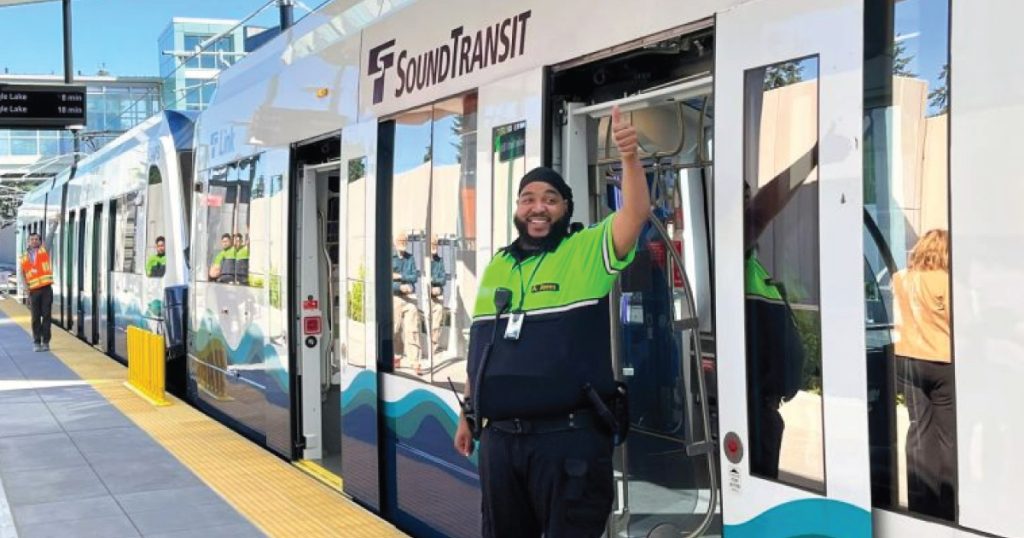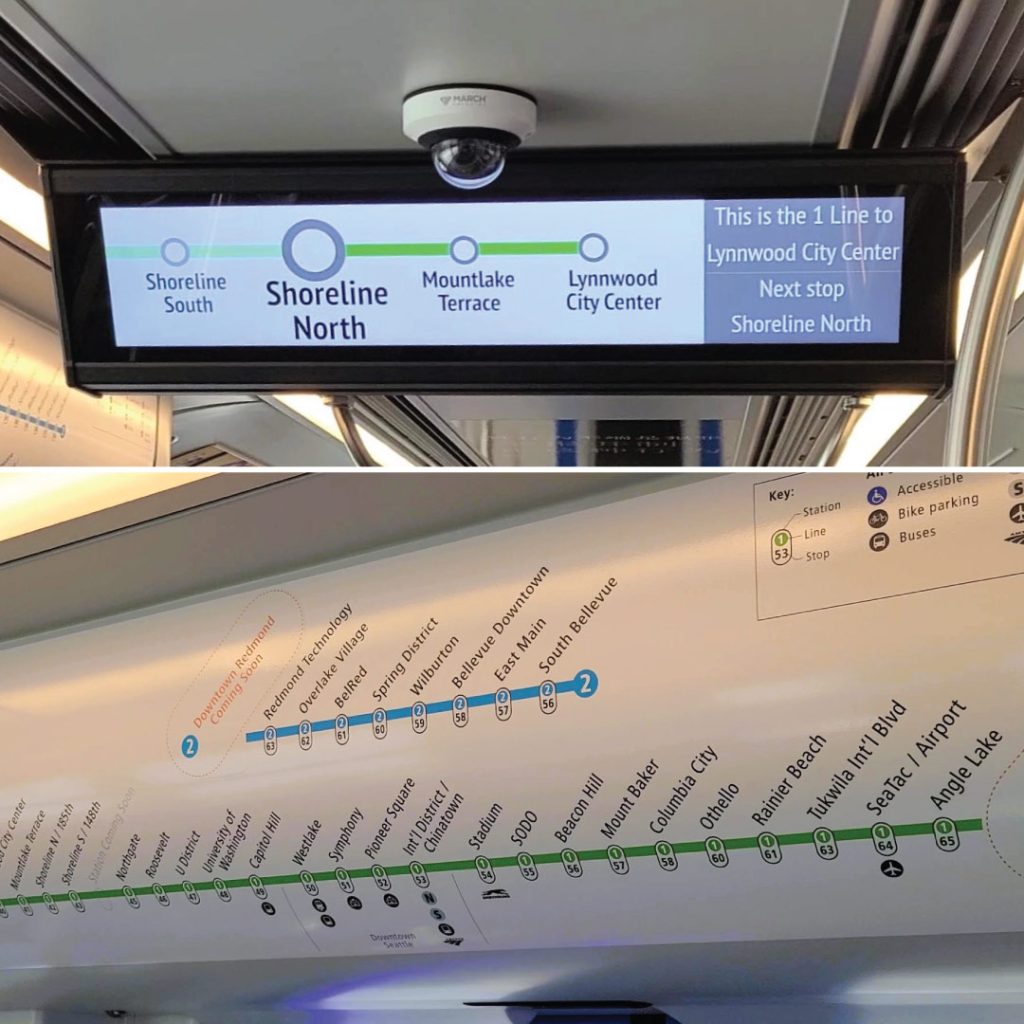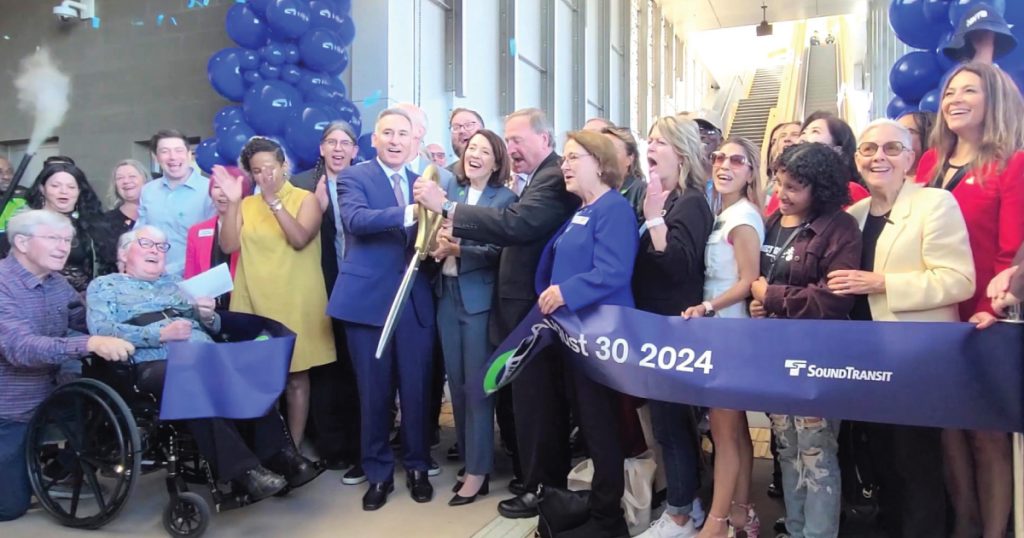The Lynnwood Times is recognizing Sound Transit’s Lynnwood Link light rail extension as the Mega Project of the Year for bringing light rail across county lines for the first time in state history and paving the way toward a more robust transportation network for years to come.

In addition to offering commuters a more affordable, and environmentally conscious, option for traveling between Lynnwood, to Seattle, and as far as SeaTac Airport, the Lynnwood Link light rail’s Lynnwood station will bring commerce and tourism to South Snohomish County. The same could be said for north county when the line eventually extends to Everett.
“This is going to be a revelation for so many people who have been sitting in traffic on Interstate 5 for so many years,” said Dow Constantine, King County Executive. “Tens of thousands more people will now have access to job centers, to education, to local services, and destinations regionally like SeaTac Airport, the stadiums, and other venues and adventures across the central Puget Sound region.”

The 8.5-mile extension adds two stations in Shoreline, a station in Mountlake Terrace, and a station in the Lynnwood City Center.
The Lynnwood Link extension increases the light rail system from 39 stations and 35 miles of track to 53 stations and 62 miles of track with trains running every 8 minutes during peak hours. Sound Transit expects approximately 50,000 people will use the Lynnwood Link daily.
The project is the culmination of 15 years of hard work. Voters approved the Link light rail system initially back in 1996, which included service from SeaTac airport to the University of Washington in Seattle, with a Northgate extension dependent on funding. Voters then approved Sound Transit’s 15-year program in 2008 which included the extension to Lynnwood and east to Bellevue/Redmond, and in 2016 approved extending light rail north to Everett and south all the way down to Tacoma by 2044.
The extension cost approximately $3.1 billion and was funded by local and federal sources, including a $1.17 billion Full Funding Grant Agreement (FFGA) from the Federal Transit Administration (FTA), a $658 million loan from TIFIA, a $100 million in Capital Investment Grant funding from Congress in 2017 and 2018, and a regional sales tax measure which was passed by voters in 2008.

Author: Mario Lotmore










